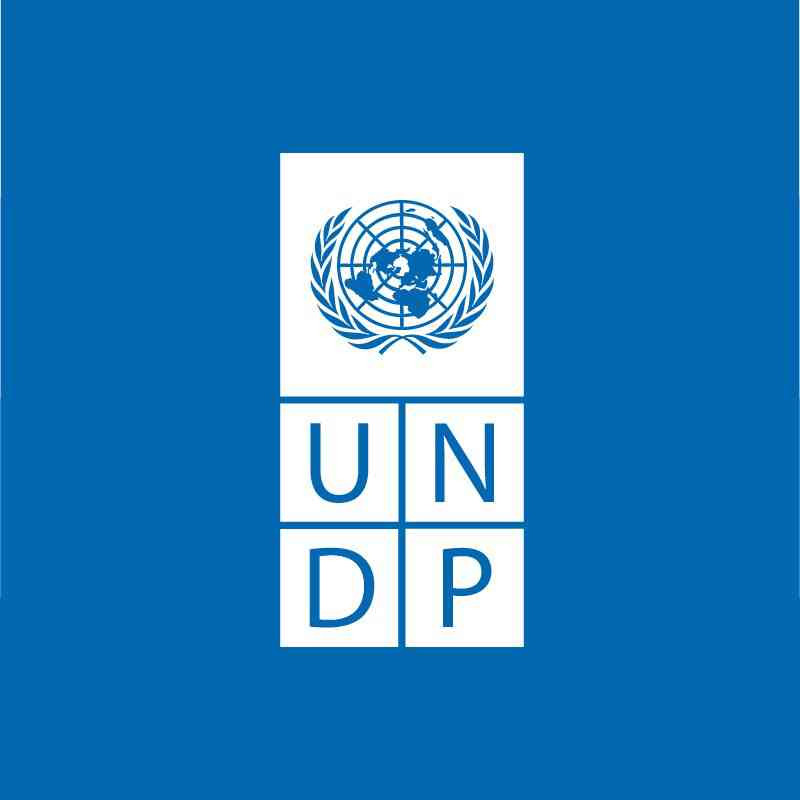
GOVERNMENT and the United Nations Development Programme (UNDP) are setting up gender-based violence one-stop centres in marginalised communities in response to the alarming prevalence of child marriages and abuse of young girls across the country.
Speaking on the sidelines of the launch of GBV one-stop centre at Monozi Primary School in Mbire, Zimbabwe Gender Commission chairperson Margret Mukahanana-Sangarwe said the initiative was in response to alarming findings from a national inquiry on child marriages and abuse of young girls, including those with disabilities in this area.
She said one of the highlights of the national inquiry in 2022 was that many young girls dropped out of school in Mashonaland Central province because they had been abused or there was a preference to send the boy child to school.
“We decided that we should do some mobile one-stop shops in rural areas. Mbire is one of the areas we decided to come to so that at least people can access those services. This includes legal services because there is a challenge in accessing justice,” Mukahanana-Sangarwe said.
“One of the highlights is that there are so many young girls who are dropping out of school because they have been abused or because there is a preference to send their boy child to school.
“Also the people with disabilities, we found that there are a lot of cases of people with disabilities who are being abused but they are not accessing justice because they don’t have the capacity. That’s why we decided that we should actually go to the people and try to help them.”
UNDP Zimbabwe transformative governance unit team leader Tafadzwa Muvingi said the one-stop centres would significantly enhance accessibility to GBV services for survivors.
“Mbire district is one of the hard-to-reach areas. It is far from many of the different services that the beneficiaries need. The one-stop centres is our attempt to bring a lot of these services that in most cases are very far away from the beneficiaries,” Muvingi said.
- ZRBF rescues hunger-prone communities
- ‘Gender imbalance on boards still prevalent’
- US$14m shot in arm for rural communities
- Zim's 2022 human development ranking very low
Keep Reading
“Because of the challenges that these beneficiaries face, a lot of them are living below the poverty datum line and are not economically expanded. It is important to look at all of those challenges and see methods and ways of how we can bring services closer to the people.
“This is the value, indeed, of this partnership that we are attempting to bring a lot of these services that would otherwise be very far away from the beneficiaries, much closer to the intended beneficiaries.”
Muvingi added: “This is SDGs [sustainable development goals] in action. The SDG 5 on gender equality and women empowerment. SDG 16 where you are also talking about different governance services. We are actually operationalising sustainable development goals.”
Chief Chitsungo, born Godwin Muzeze, said the high prevalence of child marriages and abuse of young girls in his area was becoming problematic in the area.
“Cases of child marriages are rife. The biggest problem is that when these cases of abuse or marrying underage girls happen, we as leaders help the victim to get police assistance and the police will refer her to the health facility,” he said.
“However, the turnaround time for the results is very poor. The results take long to return to us and this delays our chances of helping the abused child at times.”









